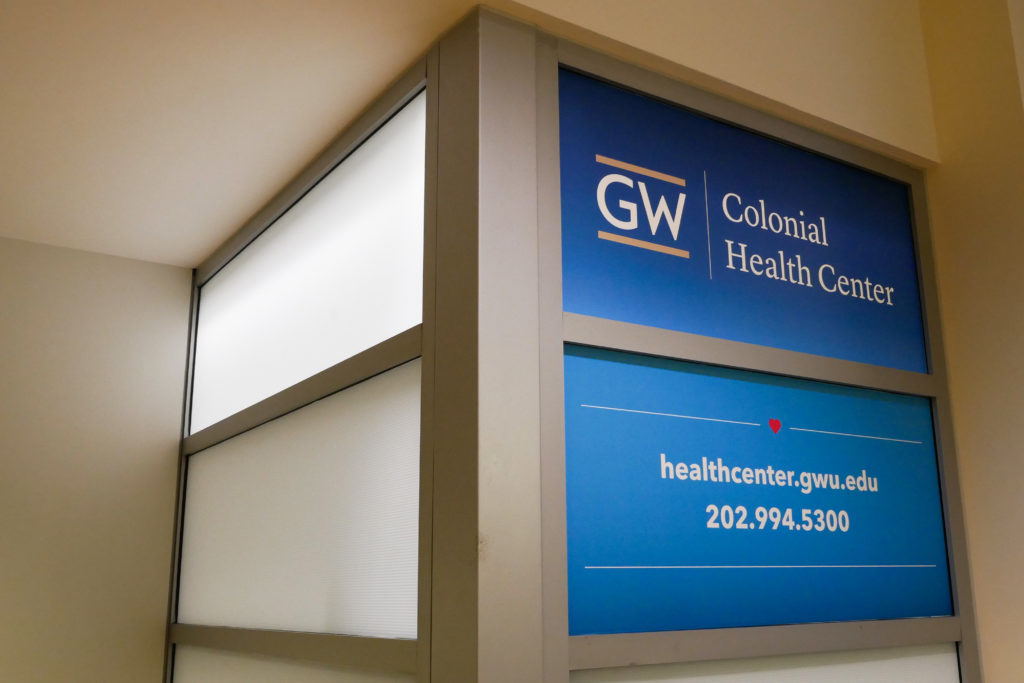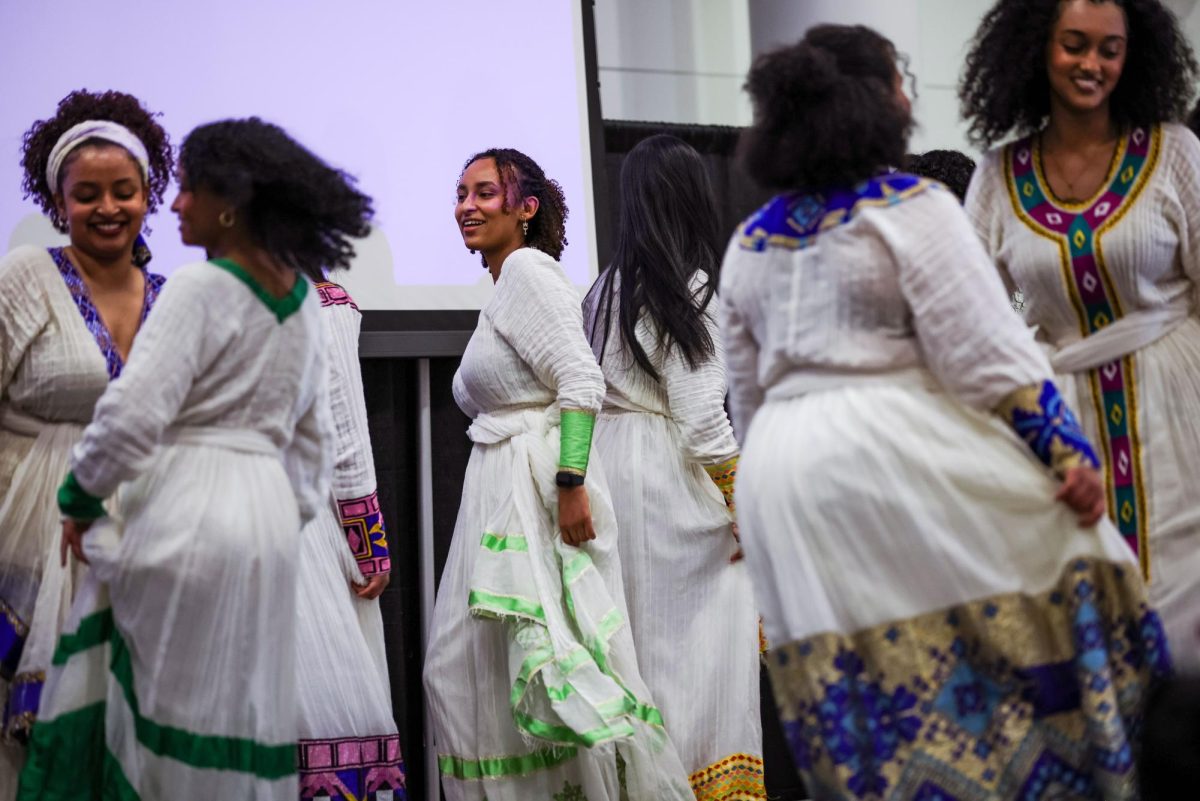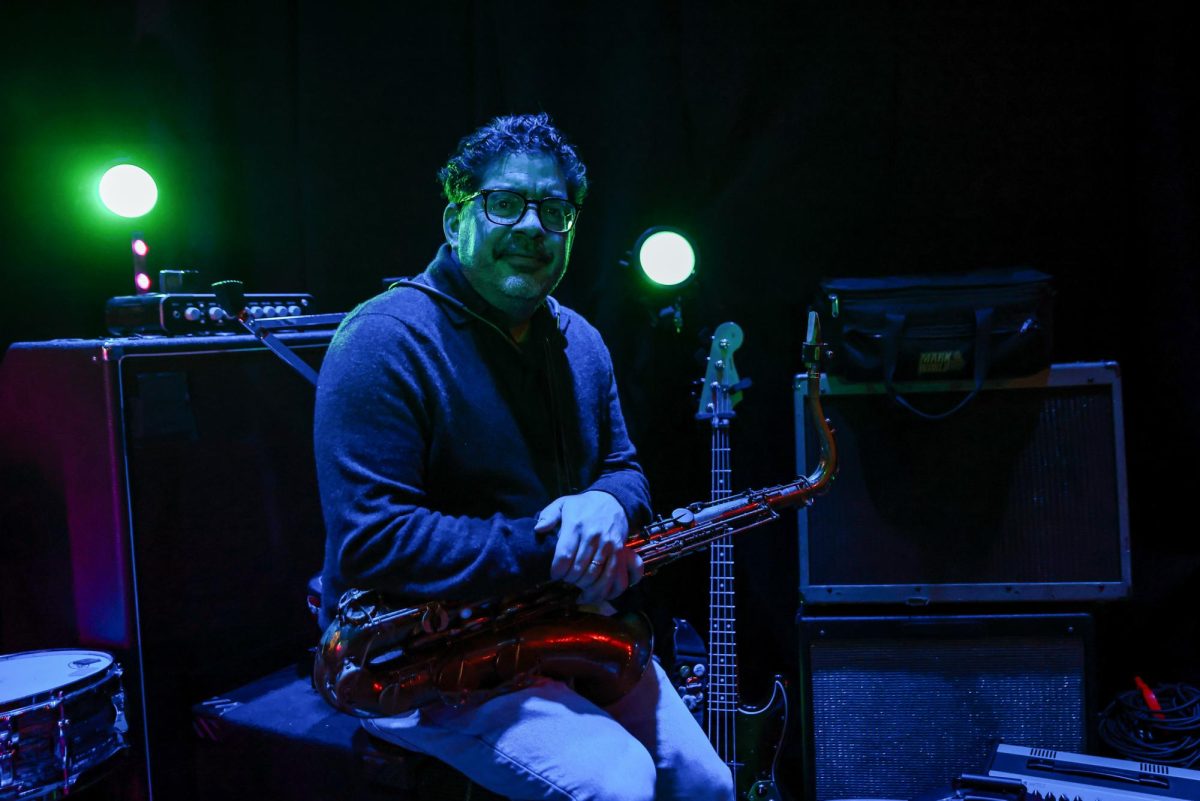It’s no secret that online learning can exacerbate feelings of loneliness, and spending your first semester of college at home may not make the situation any better.
Despite the distance, GW is still offering several virtual mental health resources to ensure you prioritize yourself through the pandemic. Between workshops on managing anxiety and over-the-phone counseling, learn about all of your options to take care of your mental health as you head into the fall.
Counseling sessions
The first office you should know about is Colonial Health Center Counseling and Psychological Services, or CAPS, GW’s center for mental health treatment.
If you’re having a particularly difficult day and need a same-day, one-time counseling appointment, you can call CAPS during regular business hours to schedule a teletherapy session with a certified counselor from CAPS. The center will assist you in finding adequate providers within your insurance plan.
CAPS also offers “diversity” phone consultation days so students can access clinicians who have “specific and relevant expertise” in counseling specific demographics, including LGBTQ or Black students, according to the CAPS portal.
Anxiety, depression workshops
Consider signing up for digital workshops to help you combat any feelings of anxiety and depression. The “Anxiety Toolbox” and “Getting Unstuck: Depression Workshop” include three sessions each and both aim to help you recognize signs of anxiety or depression and manage those feelings.
CAPS has not yet released the schedule for workshops but has indicated on its website that it will continue to offer these digital meetings for the fall semester.
CAPS’ self-help portal
In light of the pandemic, CAPS has also created a COVID-19 specific self-help portal and toolkit for tips on how to have a successful semester.
The portal is centered around different demographics, so there are tips and specific resources listed for international or first-generation students. The toolkit includes several clips and links to wellbeing plans and exercises, like building a productive schedule or learning about mindfulness.
Regular and frequent counseling services
Outside of CAPS, you can visit your own peers for mental health services.
Consider registering with the Graduate School of Education and Human Development’s Community Counseling Services Center or the Department of Psychological and Brain Science’s Meltzer Center if you’re searching for a regular counselor or psychotherapist. Both centers employ GW masters and doctoral candidates who are training to become licensed professionals.
The cost of services from both locations depends on factors like the extent of counseling and personal income, according to the centers’ webpages.
Keeping your body healthy
Don’t forget that keeping a healthy body is paramount for a healthy mind.
Although most Lifestyle, Sports and Physical Activity classes have been canceled, there are some courses that remain open for digital instruction, including meditation (LSPA 1014), yoga (LSPA 1029) and matt pilates (LSPA 1041).
Peer reports and life-threatening emergencies
Even if you are not personally suffering from a mental illness, you can help those that are by actively seeking out signs of mental health issues.
It may be difficult to digitally monitor your peers, but remember that you can always file an anonymous CARE report for someone who you think is struggling with academic, social or home pressures. The report is sent to case managers at the Division of Student Affairs who ensure the student in question has access to appropriate resources.
Between Sunday and Wednesday from 9 p.m. to 1 a.m., you can also call, text or chat online with a member of the Student Association’s GW Listens program, an anonymous hotline (202-902-8255) designed for you to call your peers about any frustrations or issues you’re facing in life.
If you are experiencing suicidal or self-harming thoughts, call a free, University-run 24/7 hotline: 202-994-5300 (press option 2).







